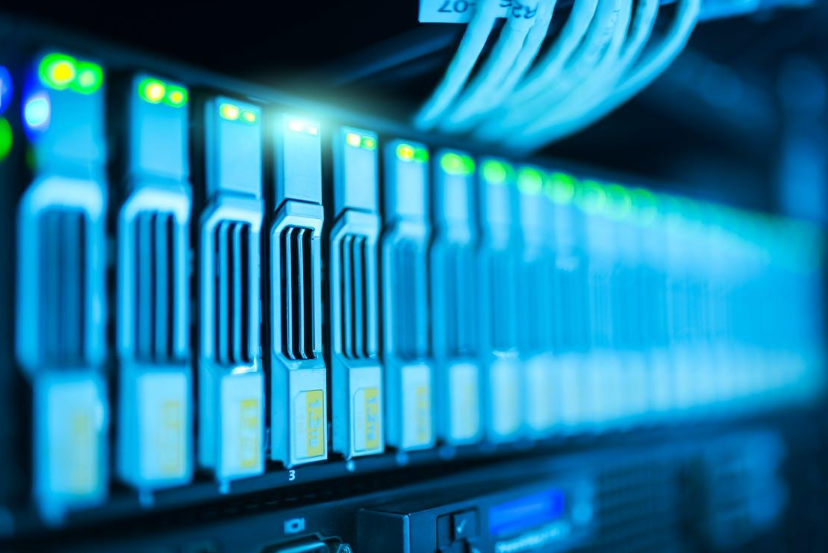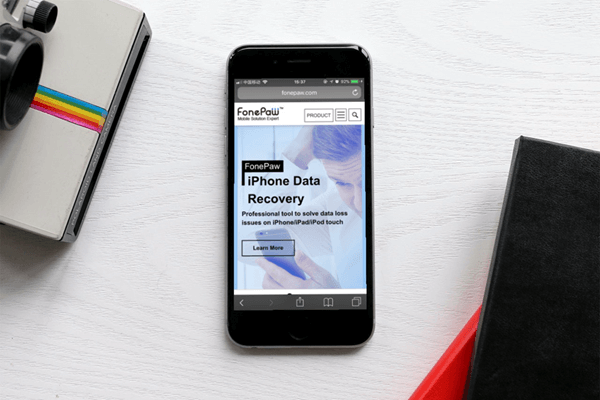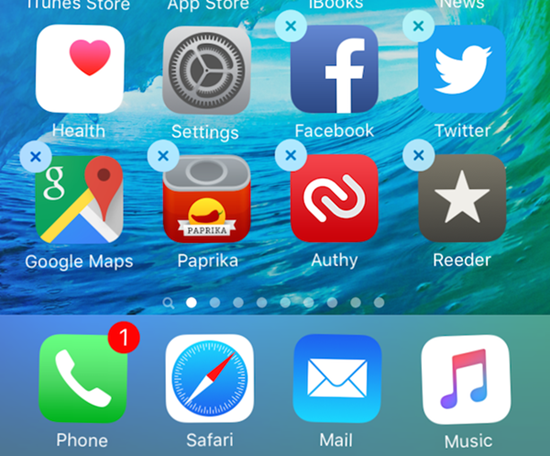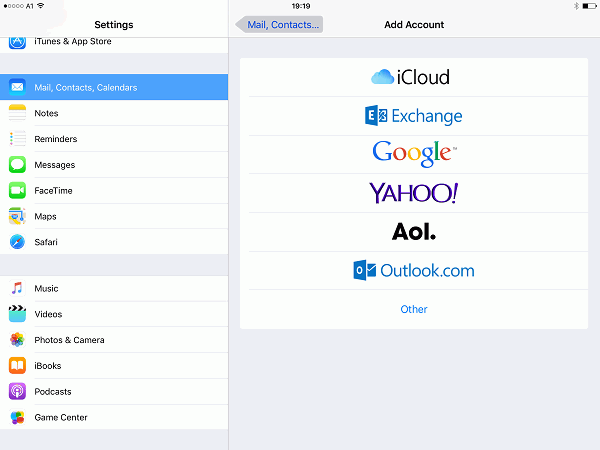What is a backup?
This topic is important both for beginners and experienced computer users. Unfortunately, most learn about backing up data when it is too late and what is lost cannot be recovered. In this article, we will also learn why data gets lost and corrupted and how to secure it!

Backup is creating a copy of your files and folders on an additional storage medium (external hard drive, CD/DVD, flash drive, cloud storage, etc.).
Backup is necessary to recover data if it is corrupted or destroyed in the primary storage location (internal computer hard drive or flash memory of a mobile device). Database backups and restores can be done with various add-ons and the MySQL IDE, for more efficient execution.
Why do I need a backup?
As you have already guessed, a computer is not the most reliable device. Data can get corrupted or destroyed quite easily.
If you don't have a copy, it can be very difficult or impossible to restore important documents, family photo albums, and videos!
A backup serves as a lifeline to help you recover your data!
Also, a backup comes in handy when the device itself is unavailable (you turned your computer in a service center, lost your phone, or simply forgot your laptop at the cottage).
In addition, with a backup, you can quickly recover your computer after a crash (by making a copy of your system partition). In this case, your data will not be touched, if you do not store your documents on the disk.
Why does data get lost?
Let's take a look at the most common causes of data loss:
- Computer component failure. The hard drive can fail at any time for a variety of reasons (manifested defect, power surge, accidental bump or drop, etc.). Flash memory, too, is not a very reliable storage medium. Never trust important data to a single device!
- Software failure. Programs are written by humans and humans make mistakes. Software bugs can cause your operating system not to start and you may not be able to use your computer's content. Errors in programs can corrupt or delete files. More examples could be given, but I think the point is clear: programs can inadvertently cause harm.
- Abusers. Unfortunately, our society is not perfect either, and some want to take advantage of other people's work by stealing a device with information on it. There is another way of sabotage, which is described in the next paragraph:
- Malware. Various viruses can corrupt/delete your files or encrypt them to extort money from you. Antivirus does not always help.
- Computer user. Yes, no wonder, the user is very often responsible for the loss of his important documents. He inattentively deleted or overwrote a new version of a document with an old one, accidentally deleted the contents of a file, forgot what he called it and where he put it... etc.
What needs to be copied?
Before performing a backup, let's understand what needs to be copied.
First of all, your files need to be protected:
- photos and family videos;
- work documents;
- browser bookmarks;
- Important saved information from the Internet;
- notes;
- contacts;
- settings files for the programs you need;
- Other data that is hard to recover.
The second option is to back up your operating system and programs.
Where to make a backup?
Keep a backup copy in a safe place. An external storage medium, i.e. one that is not directly connected to your computer most of the time, can be considered such a safe place.
- External hard drive. The device is quite reliable but requires a careful attitude. By the way, I advise you to periodically check the health of both the external hard drive and the main internal one.
- DVDs. Have a different nature of information storage, are not so afraid of falling, but have not the highest speed and convenience of recording, and reliability depends on the quality of disks ("blanks").
- Flash drive (USB flash drive). Small size and ease of use are attractive but can be misleading about reliability, which is far from ideal. Let me tell you right away that a flash drive can only be considered as an addition to the main backup drives (keep in mind that it is originally designed for data transfer).
- Cloud storage. Now more and more often talk about "clouds", indeed, it is very convenient to use such storage, if the speed of the Internet is high enough.
Conclusion
So, today we have studied the most important thing that any computer user (or not only computer user) should know. We have learned what backup is, why it is needed, and so on.
























Attractive section of content. I just stumbled upon your blog, and in accession capital to assert that I get actually enjoyed account your blog posts. Anyway, I will be subscribing to your augment, and even I achievement you access consistently fast.